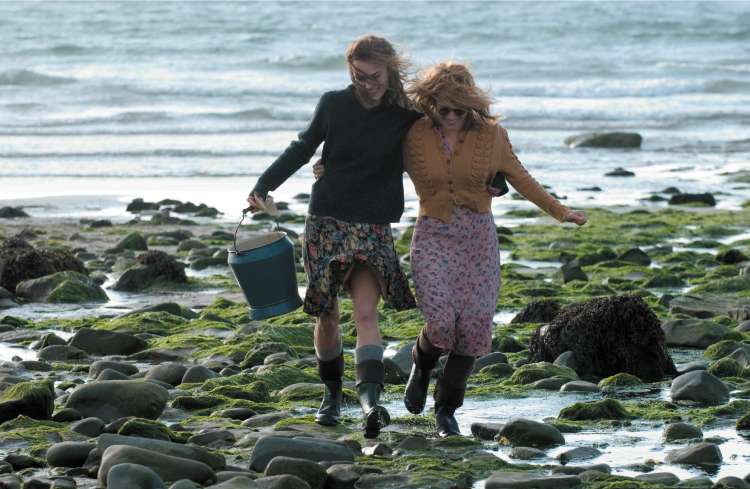Dylan Thomas revival proves death has no dominion

"And death shall have no dominion", wrote Dylan Thomas in September 1936 in one of his most famous remarks on the eternal nature of the human spirit.
Now, more than half a century after his own death, those lyrical words could not be any more pertinent. On stage, on screen and on the page the writer described by some as the most outstanding poetic voice of the century is undergoing an unprecedented cultural revival.
This summer, a string of artistic projects and events will celebrate the life and mourn the untimely death of the poet whose powerful poetry and prose have lingered in the country's collective memory.
A film about his love life is to launch the Edinburgh festival, while his radio play, Under Milk Wood, will be dramatised for the London stage next month. A literary prize worth £60,000, which was set up in 2006 in his name as one of the highest paid biennial literary prizes, is currently inviting entries before the 30 April deadline.
The writer's daughter, Aeronwy Thomas, meanwhile, is in the middle of a tour across America, which began this month, to talk about her poet father. It is not merely for his art that Thomas is remembered, but also for his tortuous personal life, tumultuous marriage and alcohol dependency that resulted in his death from alcohol poisoning at 39.
The Edge of Love, a film starring Keira Knightley and Sienna Miller as the two women in his life, is to focus on this aspect when it premieres in Edinburgh on 18 June. Filmed in New Quay and other locations in west Wales, the film was written by Knightley's mother, the Scottish playwright Sharman Macdonald, and will be released across the UK by the end of June.
Meanwhile, his greatest single work, Under Milk Wood, will be dramatised at the Tricycle Theatre in north-west London, with Philip Madoc leading the cast, from 12 May. It famously starred Richard Burton in its first broadcast, who was joined by Elizabeth Taylor in a subsequent film.
The "Dylan Thomas effect", which is credited for bringing in £3.5m to his Swansea hometown's economy every year, is expected to bring in yet more tourism by the end of the summer.
Jo Furber, the project officer at the Dylan Thomas Centre in Swansea, said an exhibition would be staged after the release of the film, with costumes and storyboards from the film on display. "We already get visitors from all over the world coming here. The interest in him shows that his work has stood the test of time. A lot of people are attracted to the myths that surround him as well as his work," she said.
Born on 27 October 1914 at Number Five Cwmdonkin Drive, Thomas lived there until he was 20, writing around two-thirds of all his poetry in these formative years. In addition to poetry, he became well known for writing scripts for film and radio, with the latter frequently performed by Thomas himself. His public readings, particularly in America, won him great acclaim and his booming voice, which carried a subtle Welsh lilt, became almost as famous as his work.
He left school at 16 to become a reporter for the local newspaper for 18 months until 1932. Thomas spent most of this part of his life visiting the local cinema, walking along Swansea Bay and frequenting the public houses in the city. In 1934, he left for London and began earning himself new admirers including Edith Sitwell. But this was also a time when he is thought to have begun his habit of overdrinking.
A couple of years later, Dylan Thomas met Caitlin MacNamara, in the Wheatsheaf pub in London's West End. A drunken Thomas proposed marriage immediately on meeting the dancer, who would later become his wife. They returned to Wales and their marriage was tempestuous and blighted by rumours of affairs on both sides.
The premiere of Under Milk Wood, which featured Thomas as the narrator, took place in May 1953 during which time he began an affair with the play's assistant director, Liz Reitell.
Join our commenting forum
Join thought-provoking conversations, follow other Independent readers and see their replies
Comments